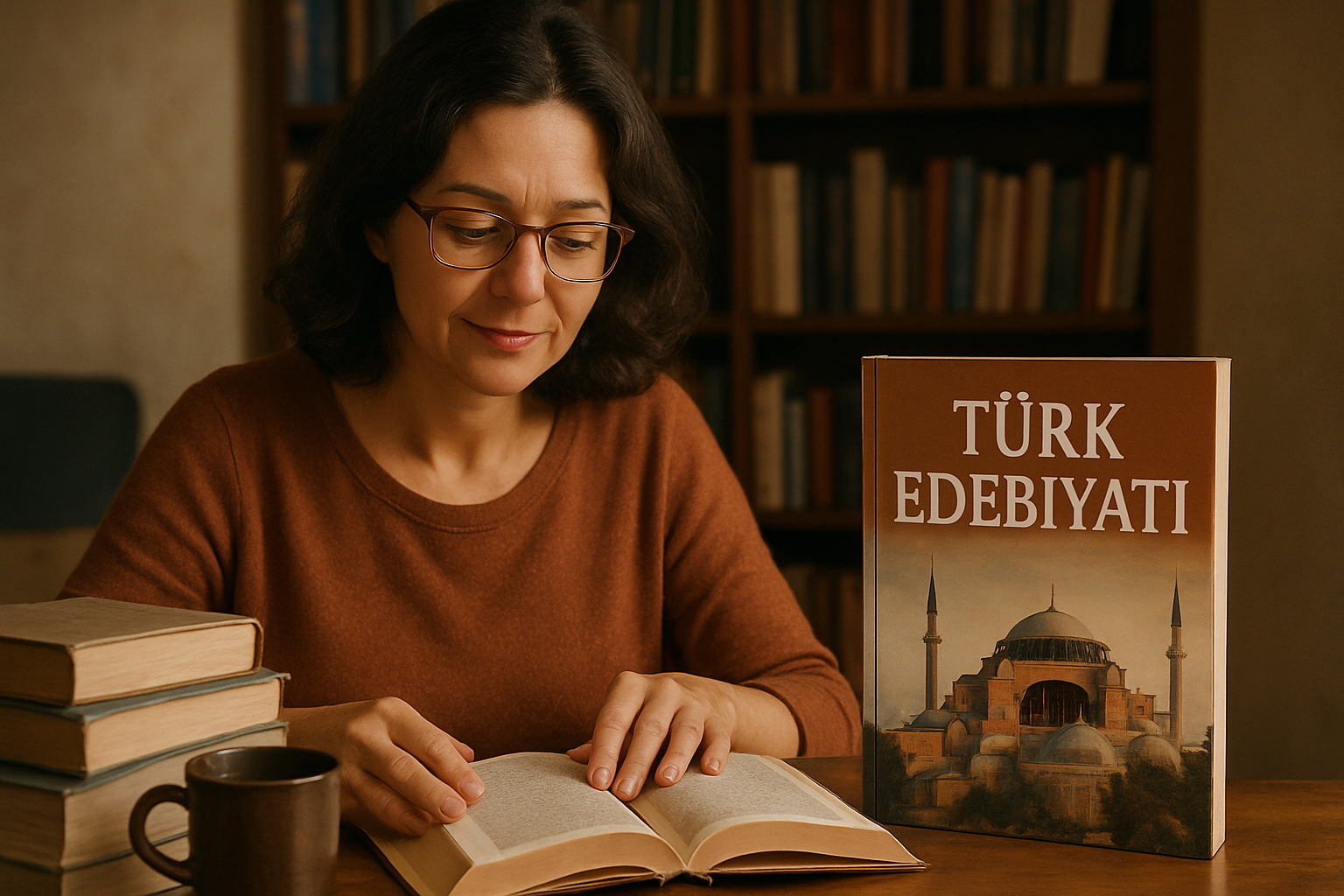Books and Literature: Understanding Turkish Authors

Living in Turkey as an expat opens doors to rich cultural experiences and a dynamic daily life. Yet, many newcomers find themselves searching for ways to connect more deeply with their new home. Language barriers, unfamiliar traditions, and feeling disconnected from local customs often top the list of concerns. Delving into Turkish literature offers a practical, enjoyable way to overcome these hurdles. Through the works of celebrated Turkish authors, expats gain insight into the nation’s spirit while enhancing their cultural competence. Here’s how books and literature can become your gateway to truly understanding Turkey.
Why Turkish Literature Matters for Expats
Exploring a country’s literature helps you see beyond tourist attractions and everyday interactions. Turkish authors capture everyday life, complex histories, and the evolving identity of the nation. The act of reading local works makes integration smoother and adds meaning to your expat journey.
- Literature provides cultural context that guides interactions and behaviors.
- Reading stories written by locals nurtures empathy for different perspectives.
- Real-life settings in Turkish books give you familiarity with popular places and customs before you experience them firsthand.
- It strengthens your language skills, especially when you attempt bilingual reading or listen to Turkish audiobooks.
- Literary topics become handy icebreakers with Turkish friends and neighbors.
Consider dedicating just 15 minutes each day to reading a Turkish novel in translation. Over a few weeks, you’ll notice shifts in your understanding and connection to your new home.
Must-Know Turkish Authors to Start With
If you feel overwhelmed by where to begin, start with celebrated names whose works have found global audiences. These authors reflect Turkey’s social fabric, history, and aspirations.
- Orhan Pamuk: Nobel laureate; his works like “Istanbul: Memories and the City” weave personal memoir with collective history.
- Elif Shafak: Bestselling novelist; books such as “The Bastard of Istanbul” skillfully explore themes of identity, tradition, and modernity.
- Ahmet Hamdi Tanpinar: Known for “The Time Regulation Institute,” which satirizes the push and pull between tradition and modernization.
- Latife Tekin: Her magical realist fiction, like “Berji Kristin: Tales from the Garbage Hills,” gives voice to societal change from the margins.
- Yaşar Kemal: Famous for epic tales set in Anatolia; “Memed, My Hawk” explores resilience and social justice.
Borrow these books at a local or digital library or join a Turkish-English book club in your city for a more social experience.
Adapting Literature to Everyday Life in Turkey
What you read doesn’t have to stay on the page. Turkish literature often features food, festivals, daily routines, and family gatherings. By recognizing references in these stories, you gain confidence in daily conversations or local traditions.
- Notice the food mentioned in books and try ordering them at neighborhood lokantas.
- Recognize historical settings—like Istanbul’s old districts—in street signs or on trips.
- Understand the meaning behind certain holidays or cultural taboos described in novels.
- Discuss the social dilemmas from books with your Turkish friends to deepen dialogue.
Learning through literature helps you decode everyday life, making your transition more enjoyable and meaningful.
Strategies for Non-Turkish Speakers
You don’t need perfect Turkish skills to benefit from local literature. Translations, bilingual editions, and audiobooks have opened doors to many expats.
- Start with English translations or bilingual Turkish-English versions to ease the learning curve.
- Listen to audiobooks during commutes or walks to absorb pronunciation and tone.
- Use a Turkish reading app or e-reader with a built-in dictionary to translate new words without breaking your rhythm.
- Participate in local book meetups, even as a listener, to build vocabulary and make connections.
- Write down favorite phrases and try them out in daily conversation.
Building small routines around Turkish literature slowly bridges linguistic and cultural gaps.
Long-Term Benefits for Expats Embracing Turkish Literature
The benefits of reading Turkish authors grow with time. Beyond improved language skills and cultural awareness, literature can influence your sense of belonging and satisfaction with expat life.
- Gain a holistic understanding of historical events that shaped contemporary life.
- Interpret news and current events with greater nuance after absorbing local authors’ perspectives.
- Feel more comfortable contributing to workplace and community discussions as you become familiar with local references.
- Forge deeper, more authentic friendships with locals who appreciate your interest in their stories.
Embracing Turkish literature means more than reading a novel; it’s active participation in a rich, ongoing conversation that continues to shape Turkey’s identity. Whether you’re here for a year or planning to settle long term, making time for Turkish authors turns your stay into a truly immersive experience.
